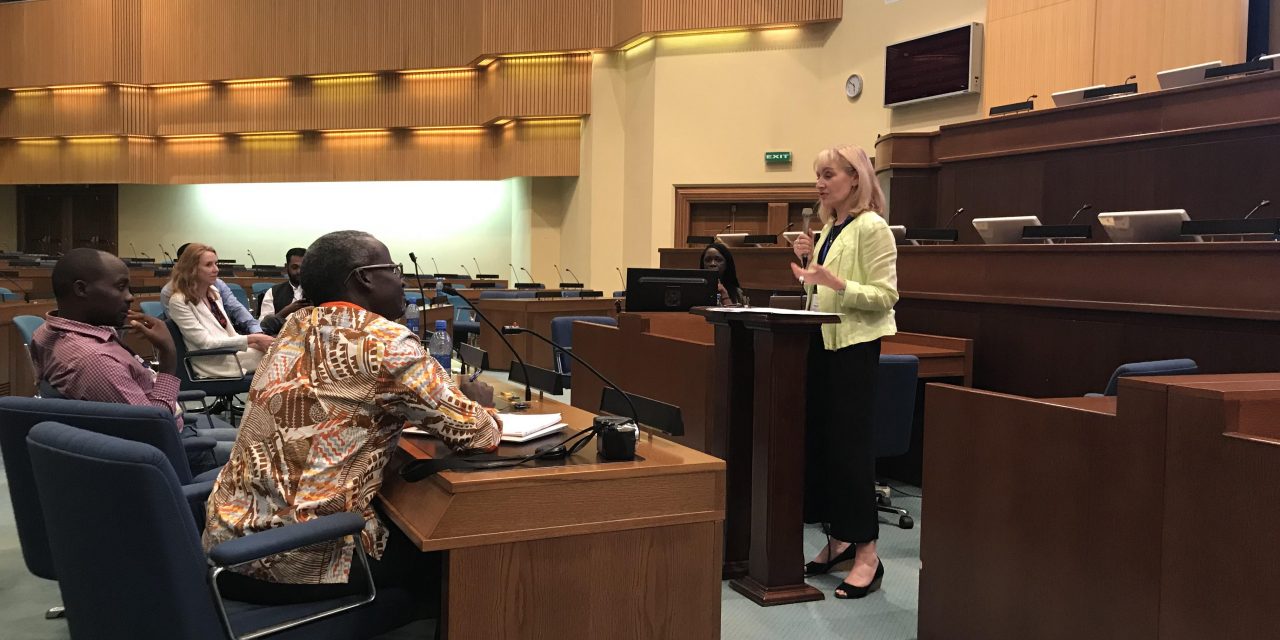As part of the World Press Freedom Day commemoration in Addis Ababa, Ethiopia, the fourth Academic Conference on the Safety of Journalists was held on 1 May. In his opening speech, UNESCO Director of Media Freedom and Development, Guy Berger emphasised the important role that academia plays when it comes to understanding the complexities of safety threats to journalists. The conference covered a range of topics including the safety of women journalists, the safety of journalists in times of elections and journalistic safety in the context of disinformation with Professor Jackie Harrison noting the volatile environment in which journalists work.
We have heard today from researchers that attacks are not just on journalists but on the very idea of free and independent journalism itself. The protection of journalists is a matter for us all! Threats and attacks on free and independent news journalism occupy a wide spectrum of repression and oppression across the world. Alarmingly, we also witness an increasingly antagonistic news media environment
Jackie Harrison also emphasised the crucial importance of research development, collaboration and exchange and the role that the Journalism Safety Research Network (JSRN), launched in 2016 and hosted by CFOM, can play: ‘Through this platform we can share knowledge and expertise in a true collaborative spirit to achieve greater success of academic input into the international stakeholder efforts on journalism safety and the issue of impunity.’ She further pointed out that ‘to understand the complexity of journalism safety in the contemporary world, knowledge is the key and a knowledge network such as the Journalism Safety Research Network is the locksmith’.
She also suggested that the JSRN, as a global network, could be utilised and mobilised to respond to specific research problems such as the need for increased academic engagement in relation to the monitoring of SGD 16.10, and encouraged members to explore opportunities for collaboration.

